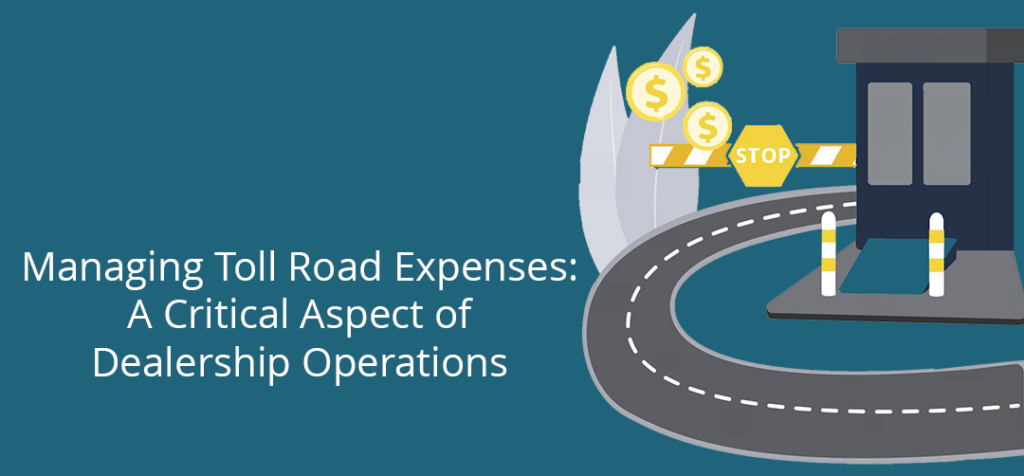
Toll road expenses represent a significant, yet often overlooked, aspect of dealership operations, especially when managing a fleet of loaner vehicles. As dealerships increasingly rely on loaner programs to enhance customer satisfaction and service convenience, the challenges associated with tracking and billing toll charges have become more pronounced. The complexities of toll systems across various states, combined with the delay in receiving toll invoices, can create financial and operational hurdles for dealerships. Understanding these challenges and implementing effective management strategies is essential for maintaining smooth operations and protecting the dealership’s bottom line.
One of the primary challenges dealerships face is the delay between when a toll is incurred and when the dealership is billed for it. This time lag can range from weeks to months, depending on the toll agency’s processing times and whether the charges are grouped together or billed individually. During this period, the dealership may be unaware of the outstanding toll liabilities, making it difficult to pass the charges on to the customer who incurred them. This delay not only complicates financial tracking but also increases the risk of lost revenue if the charges are not identified and recovered in a timely manner.
The issue is further compounded by the varying tolling practices across different states. While some states have modern, electronic tolling systems with clear signage and immediate billing, others may have less transparent processes, making it easy for drivers to incur tolls without realizing it. This inconsistency can lead to situations where customers unknowingly pass through toll points, only for the dealership to receive the bill long after the vehicle has been returned. For dealerships that loan vehicles to out-of-state customers, the problem is exacerbated by the need to navigate multiple tolling systems, each with its own rules and billing procedures.
Rental cars and loaner vehicles present unique challenges in managing toll expenses. Many rental vehicles are equipped with transponders, allowing toll charges to be automatically billed to the rental company, which then passes the charges on to the renter. However, in the case of loaner vehicles, the dealership may not have a direct way to automatically recover these costs from the customer. Instead, they must rely on tracking and billing systems that may not immediately reflect toll charges, creating potential gaps in financial accountability. This situation is further complicated when customers are unaware they have incurred tolls, leading to disputes and potential customer dissatisfaction when the charges are finally billed.
To effectively manage toll road expenses, dealerships must implement robust systems for tracking, billing, and recovering these charges. This includes maintaining accurate records of vehicle usage, informing customers of their responsibility for any tolls incurred during the loan period, and proactively monitoring for incoming toll invoices. Additionally, dealerships should consider adopting software solutions specifically designed to manage toll expenses, providing real-time tracking, automated billing, and detailed reporting. By addressing these challenges head-on, dealerships can protect their financial interests, maintain positive customer relationships, and ensure the smooth operation of their loaner vehicle programs.